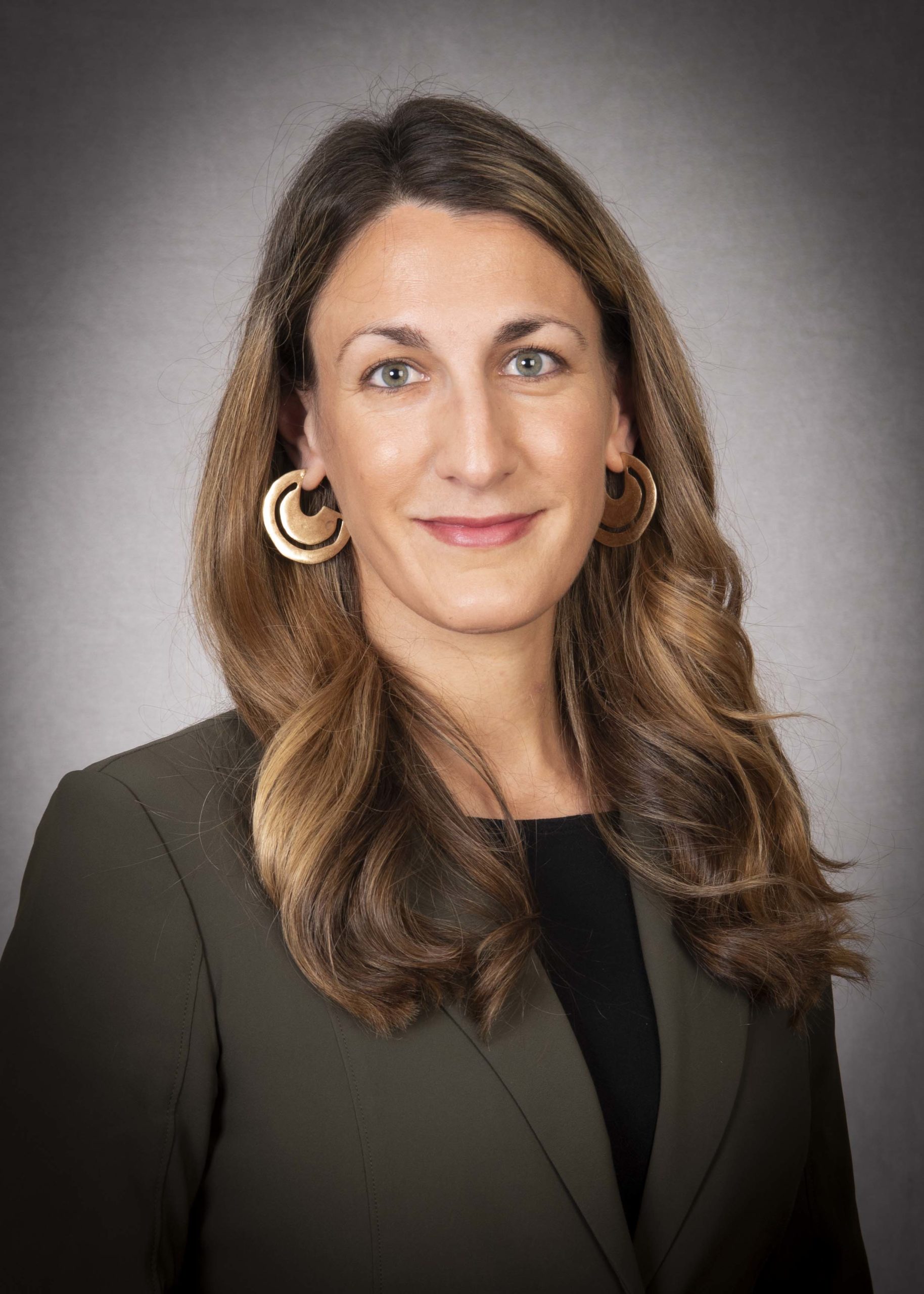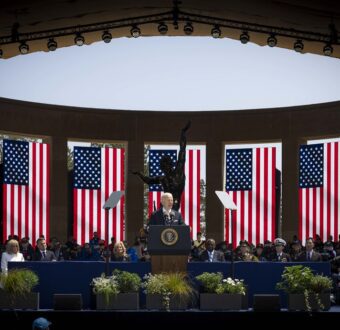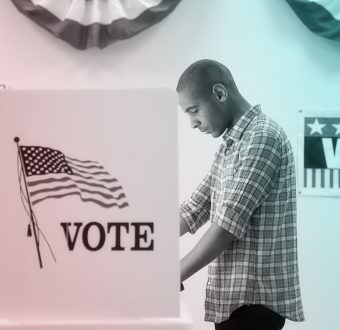On Target: Rachel Tecott on Bureaucratic Pathologies in American Military Aid
As global news headlines race from one story to the next, the line between fact and speculation is often blurred. At the same time, the dynamics driving international relations often get ignored. On Target unpacks the most pressing issues of the day, from nuclear weapons to US foreign aid. Research fellow Zuri invites IGA’s nonresident fellows to break down their research and apply it to today’s most critical foreign policy debates.
In this episode, host Zuri Linetsky‘s guest is Rachel Tecott. Rachel is an expert on US security sector assistance and helps us understand the challenges and pitfalls of America’s efforts to build, train, and equip other countries’ militaries. As the United States reflects on its post-9/11 wars in Afghanistan and Iraq and continues to support Ukraine’s defense against Russia, it’s important to consider the factors which lead to success and those which actually undermine efforts to support partner countries’ militaries.*
*The views expressed here are those of Rachel and do not reflect the official policy or position of the US Navy, Naval War College, or US Government.

Rachel Tecott is an assistant professor at the US Naval War College in the Strategic and Operational Research Department, and a nonresident fellow at IGA. Rachel’s research focuses on US military strategy and the bureaucratic, organizational, and cognitive impediments to its success.*
*The views expressed here are those of Rachel and do not reflect the official policy or position of the US Navy, Naval War College, or US Government.

Zuri Linetsky is a research fellow at IGA, whose research focuses on American grand strategy, security sector assistance, and China in Africa.
Reading List
- Rachel Tecott, “The Taliban Seized More Cities, Despite US Efforts to Build a Strong Aghan Military. What Happened?” The Washington Post, August 9, 2021.
- Rachel Tecott, “Why America Can’t Build Allied Armies,” Foreign Affairs, August 26, 2021.
This discussion includes references to the Eurasia Group Foundation, now known as the Institute for Global Affairs.
This post is part of Independent America, a research project led out by IGA senior fellow Mark Hannah, which seeks to explore how US foreign policy could better be tailored to new global realities and to the preferences of American voters.





NATO at 75: What’s Its Future?